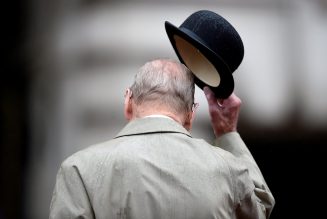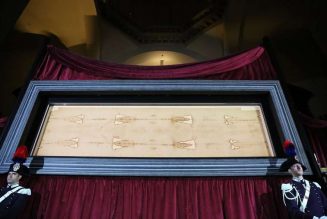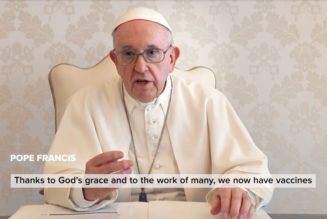
In 2019, Groff resigned from his position with the U.S. Postal Service (USPS) after years of allegedly being harassed, targeted, and disciplined for refusing to work Sundays so that he could abide by the Third Commandment, to “keep holy the sabbath day.”
Groff then sued the USPS for violating his religious rights.
After his claims were denied by both a Pennsylvania district court and the 3rd Circuit Court, the Supreme Court agreed to take up his appeal in January.
The court’s decision is expected to have a major impact on the religious rights of employees across the country.
According to the religious liberty law firm Becket, under the Hardison precedent, 86% of workplace religious accommodation requests are denied. “Hardison’s ‘de minimis test’ has been used by large companies to deny even the most basic of religious accommodations for their employees — especially employees with minority religious beliefs,” the law firm said.
“Big corporations got away with firing employees for their religious practices for decades, thanks to a fundamental misreading of civil rights law,” Becket President Mark Rienzi said in a press release in response to the court’s ruling.
“Today was a win for the little guy — all those who want to live and work in accordance with their religious beliefs,” Rienzi added. “The Supreme Court has made it so hardworking religious Americans no longer have to choose between their job and their faith.”
The First Liberty Institute, a firm specializing in religious rights cases that represented Groff in this case, responded to the ruling by calling it a “landmark victory” for workers across the country.
“This is a landmark victory, not only for Gerald, but for every American. No American should be forced to choose between their faith and their job,” Kelly Shackelford, president of First Liberty Institute, wrote in a Thursday press release. “The court’s decision today restores … religious freedom to every American in the workplace. This decision will positively help millions and millions of Americans —those who work now and their children and grandchildren.”
According to the First Liberty Institute, the decision “strengthens legal protections for employees seeking religious accommodations” and will impact “every workplace with at least 15 employees in every state in the country.”
In a video statement by First Liberty Institute, Groff said he was honored to be part of the case expected to positively impact millions of Americans.
(Story continues below)
“It’s an honor to have my name on it, but really it’s about glorifying God and giving him what he’s due,” Groff said. “It’s not really about me.”
According to The Council on American-Islamic Relations (CAIR), the decision will not only benefit Christians but also all people of faith.
“Today’s Supreme Court ruling is an important victory for all people of faith, including American Muslims. For too long, American Muslims have been denied the right to perform daily prayers at work, wear hijab or kufi, or attend prayers on Fridays,” said CAIR National Executive Director Nihad Awad in a Thursday press release. “Today marks a new era.”
Justices Sonia Sotomayor and Ketanji Brown Jackson issued a separate concurring opinion.
In her concurrence, Sotomayor clarifies that though the court has rejected the de minimis standard, it has not replaced it with a “significant difficulty or expense” standard as Groff had requested. Instead, the court has simply overruled the trivial cost standard to return the law to the original “undue burden” text of Title VII.
This story was updated June 29, 2023, at 3:10 p.m. ET with statements reacting to the decision.







